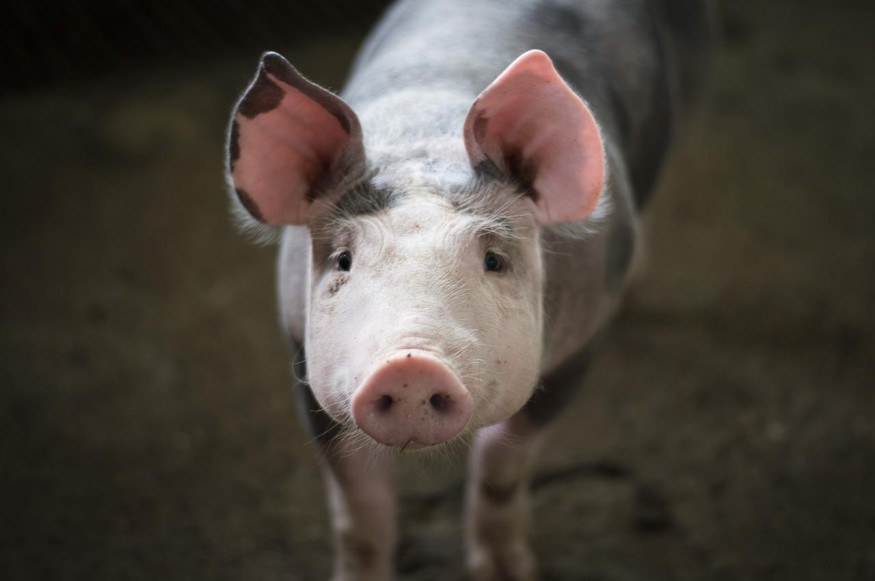The U.S. Food and Drug Administration (FDA) may soon allow clinical trials for pig-to-human organ transplantation based on an update from the June 30 report of the Wall Street Journal that came from an anonymous person who claimed to be familiar with the matter.
Based on the anonymous source, these trials will be approved on a case-by-case basis. However, the exact timing of the update was not revealed in the report.
If it comes to fruition, it could be an important step in addressing the chronic organ shortage in the country that causes the death of around 17 people waiting for an organ.

FDA Prepares for Pig Organ Transplantation Clinical Trials
Nature reports that officials and physicians of the FDA have been in a two-day meeting discussing what would happen if pig organ transplantations move forward to clinical trials. Allan Kirk, a transplant surgeon from Duke University School of Medicine, told Nature that the data supports the idea of a small, focused clinical trial on select patients.
The discussion comes after the recent experiments that involved pig organs, which are close analogs of human organs and are being studied as a viable option for organ transplantation.
This year, 57-year-old handyman David Bennett became the first person to receive a pig heart transplant. Doctors claimed he would have died if it were not for the procedure. Bennett got to live two more months after the one-of-a-kind transplantation.
He died of heart failure and doctors believed that a virus in the heart caused it. The heart failure could have been avoided with deeper and further screening to prevent transplant rejection.
An organ transplant could be rejected when the immune system attacks the donor organ as it sees it as an alien presence. Doctors prescribe organ recipients immunosuppressive drugs that can have adverse side effects, such as being vulnerable to infections.
But even with heavy immunosuppressants, previous attempts ended in rejection because of how different animal organs are for the human body to accept. So, Bennett's team used an organ from a genetically modified pig by the German company Revivicor that changed the genome of the pig to make it more human so that it will be less likely rejected.
Further clinical trials will answer crucial questions about how to avoid pig organ rejection, and veterinary specialist Caroline Zeiss from Yale School of Medicine told Nature that this would involve more than one experiment.
Pig Organs Will Revolutionize Organ Transplantation
A 2007 paper suggested that the future utilization of pig organs and cells for transplant into humans would revolutionize organ transplantation. Transplanting organs and tissues from different species is known as xenotransplantation and has been an elusive goal for transplant researchers until recently.
Clinicians have long hoped that animal organs can be used as an alternative for human organs to be transplanted to save more lives. Scientists started conducting experiments on this in the 1970s in which some kidneys would function for several months and then fail due to transplant rejection or surgical complications.
There was a resurgence of interest in xenotransplantation in the early 1990s, but primates were disfavored this time as the source for animal organs. Scientists said there is a high risk of virus transmission, and most large primates are classified as endangered.
So, they turned to pig organs that are anatomically similar to human organs, and also because pigs come in different sizes. Millions of pigs are slaughtered yearly for human consumption, so the ethical objection is less of an issue. Lastly, they are also suitable for genetic engineering. For now, FDA's decision to conduct clinical trials for pig-t-human organ transplantation will be a significant move to breakthroughs in xenotransplantation.
RELATED ARTICLE : Man With Life-Threatening Cardiac Condition Successfully Receives Pig Heart In First Breakthrough Transplant
Check out more news and information on Medicine & Health in Science Times.










